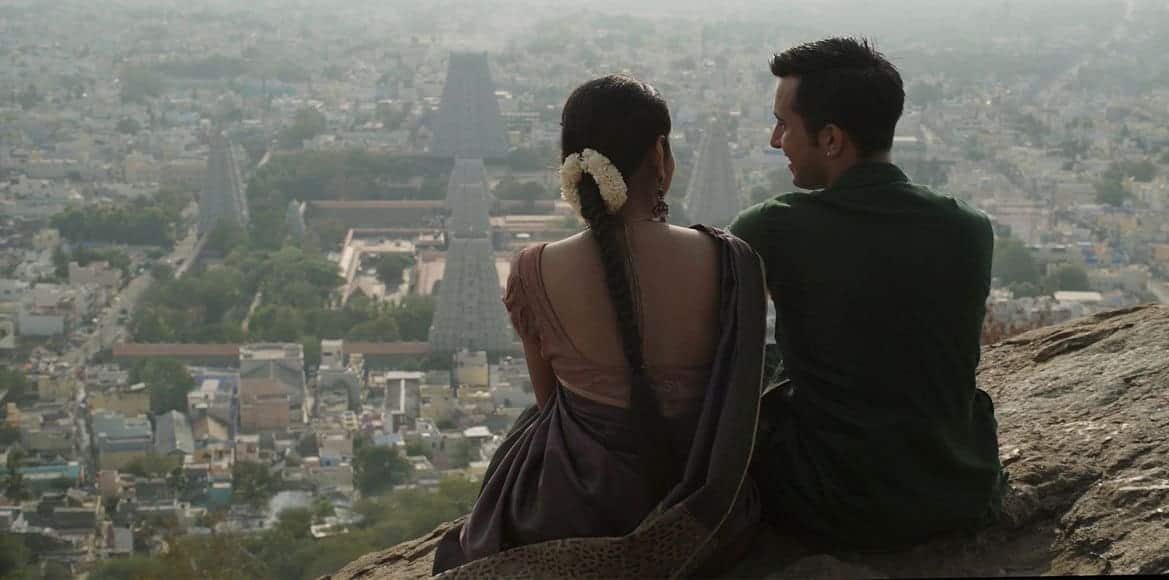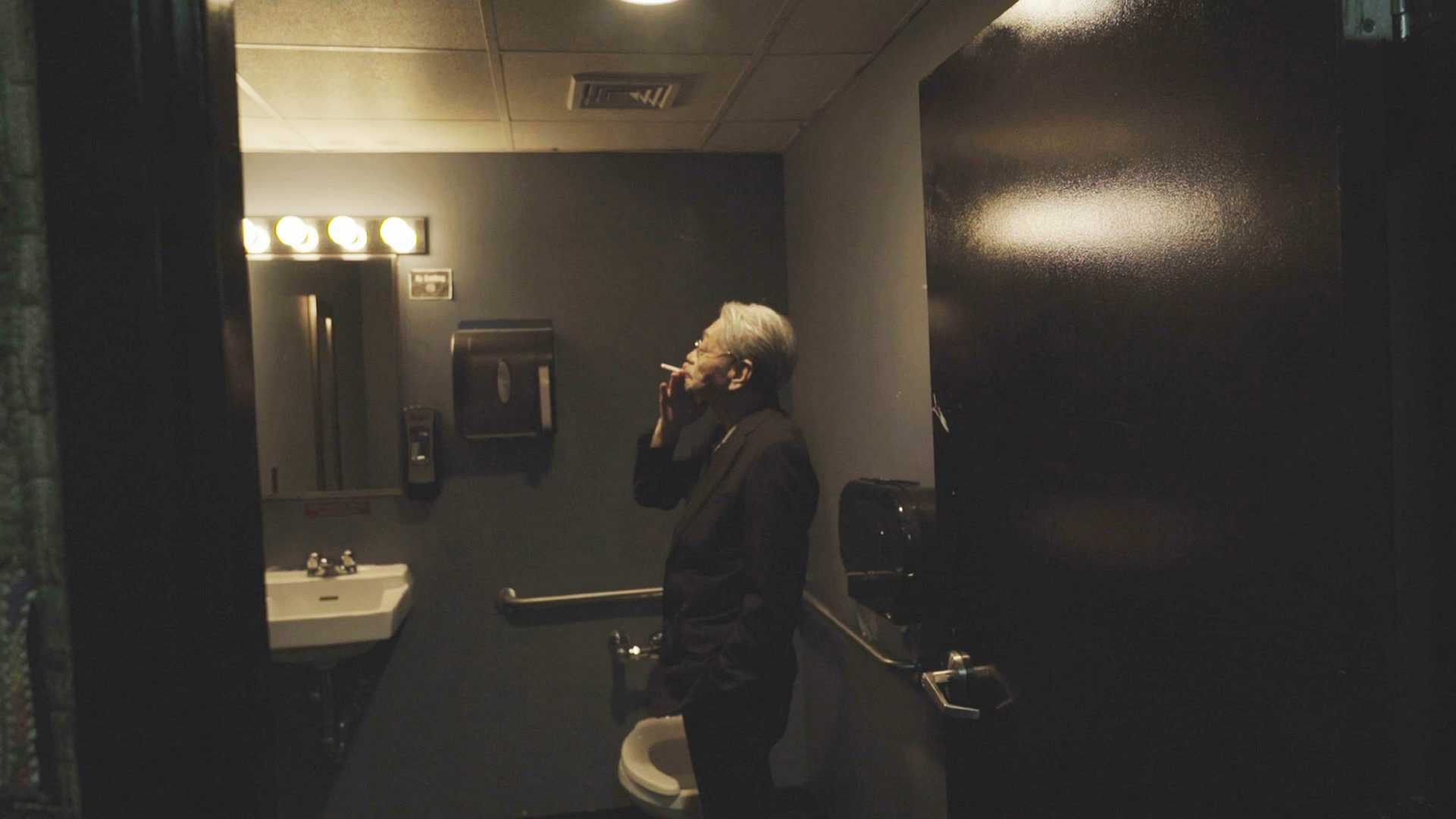As the majority of the Asian films in the program of Berlinale seem to follow an experimental path, finding a pure genre movie seems like an oasis, even if, even in this case, the black-and-white is still present. “Limbo” however, is not only an exception, but also a rather impressive title that seems to combine “Seven”, Kim Ki-duk's “Pieta” and Johnnie To's action aesthetics in the most artful way possible.
Limbo is screening on Berlinale

Rookie, dandy-looking policeman Will Ren has his work cut out for him, since his first case is pursuing an obsessive and especially brutal murderer of women who has a fetish with cutting arms, and his partner is the almost ragtag, not-above-using-violence- to-get-what-he-wants, veteran cop Cham Lau. As Will soon realizes that his colleague, contrary to him, enjoys the respect of their colleagues, he also finds out that he has an agenda with car thief Wong To, a young girl who, in the midst of extreme physical punishment in the hands of Cham Lau, is also revealed as the perpetrator of an accident involving his family. Eventually, in an effort to atone, the girl offers to help the two in their research, but soon finds herself the target of revenge from the people she betrays, while the detective's attitude towards her never tones down. As the three find themselves “lost” in the labyrinth of Hong Kong slums, the killer continues his spree, and no one seems to be safe from his mania.
The dynamics of the two cops, with the experienced lowlife and the idealistic rookie, is the first point of excellence here, as it allows for a tension between the two that carries the film in its beginning, as Cheang introduces his characters through various episodes that linger between the extremely violent and the dramatic (the “Seven” reference).
The appearance of the Wong To, and the impact it has on Cham Lau's overall demeanor and eventually, on the relationship of the three, also signals the beginning of the action in the film, which, starting from the chase between the first two, indicates how relentless and brutal the movie is going to be. This, rather lengthy sequence, which is much reminiscent of Johnnie To's style of action and particularly the way he edited his scenes, highlights both David Richardson's job in the particular aspect, but also the rather impressive monochrome cinematography of Cheng Siu Keung, which finds one of its early highlights in the scene where hunter and hunted descend from the roof of a parking lot.
Cheng's excellent work also transitions to the next point of artfulness, with the way he makes the narrow streets essentially a character of the narrative, being among the best assets of the film, even more so in the way they mirror the dead-end all of the protagonists eventually finds themselves in, both mentally and in reality. This part, and particularly the way of life of the slums is presented is what most reminds of Kim Ki-duk's portrayal of roughly the same setting in “Pieta”.
The same applies to the punishment Wong To receives, with the girl being the recipient of almost constant violence from all sides, in a rather shockingly impactful performance by Liu Cya, whose courage and resolve in front of all the tragic things that happen to her being one of the definite highlights of “Limbo” Even if her part is not that vocal, it is easy to say that she steals the show, in an aspect that actually moves away from the usual tendencies of exploitation films, where victims are usually there just to be paraded through the violent scenes.
The second impressive performance comes from Lam Ka-tung as Cham Lau, whose despair, obsession to exact revenge, and bad cop attitude form a rather intriguing amalgam, which is greatly presented by the Hong Kong veteran. Mason Lee as Will Ren mostly reacts to the acting of the other two, but also gets a number of moments where he shines, while his antithetical chemistry with Lam is one of the best parts of the narrative.

All the aforementioned elements come together in the finale, which is one of the most brutal, shocking, but also well-shot action sequences we have seen recently, and a more than worthy conclusion to a great film.
Lastly, this review would not be compete without referencing the great soundtrack by Kenji Kawai, whose atmospheric music occasionally provides the only point of relief in a movie that grabs the viewer from the neck from the beginning, and never actually gives him/her a break. The same level of artistry also applies to the work done by Kenneth Mak in the production design, with the way the film uses garbage to present compositions that can only be described as hellish being another point of excellence.
Granted, the misogynistic tendencies of the classic exploitation films (where women were getting violently punished in any opportunity possible) are also here, and one could interpret the identity of the killer as racist. However, these aspects are actually lost in impressive amalgam Cheang creates, while the firsts aspect is eventually toned down by the way the story unfolds.
“Limbo” is an exceptional combination of elements that form great genre cinema, and one of the best action/crime thrillers we have seen recently.















